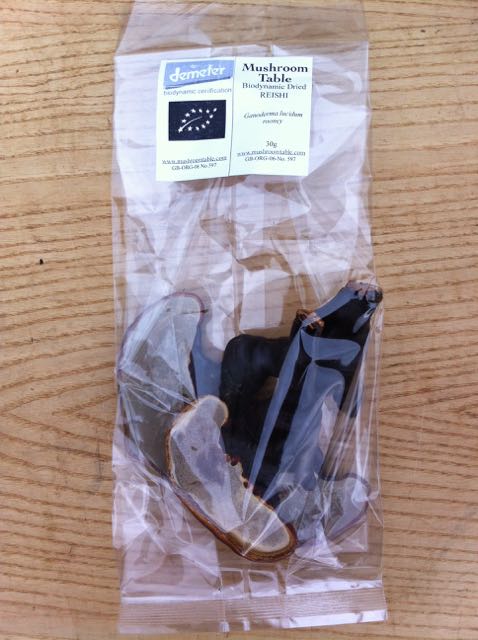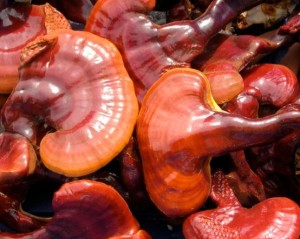In modern practice, when you consult an Acupuncturist or Chinese Herbalist, time is spent discovering the origin of the patient’s symptoms. This is achieved through the ancient method of ‘Asking Questions’, looking at the tongue and feeling the pulse. Only then is a diagnosis formed in the mind of the practitioner.
Diagnosis in Chinese Medicine is an individual process and differs from one person to another. A treatment is then formulated and it is a unique response to a person’s need at any given time. Usually, there is a combination of Acupuncture and Chinese Herbs.
Sometimes one method begins the process, continuing with the other in due course. Acupuncture is what the Chinese call External Medicine, and Herbal Medicine is Internal Medicine.
As Traditional Chinese Medicine aims to understand the process by which disease sets in for any individual, the patient, too, learns about him/herself in order that can have greater compassion for their situation. Compassion is the key to healing.
Today the WHO recognizes that Traditional Chinese Medicine is an appropriate treatment for many diseases (see the full list of conditions that TCM can help with).
Read more about mushrooms


